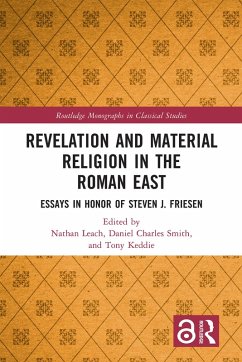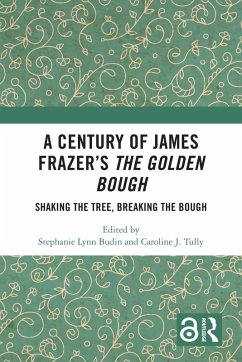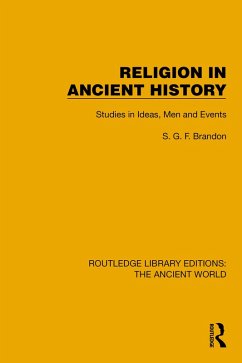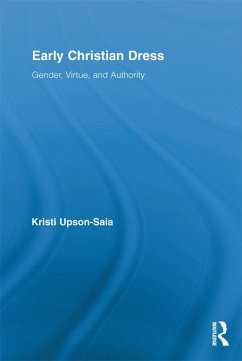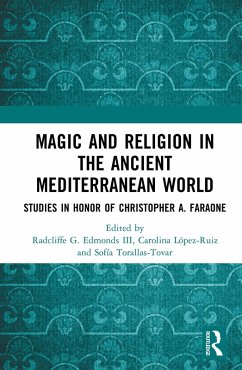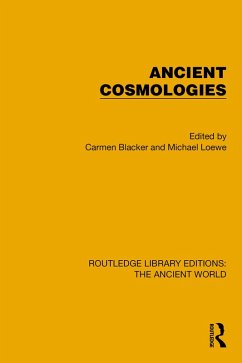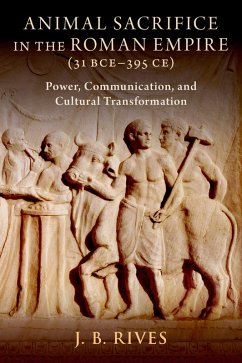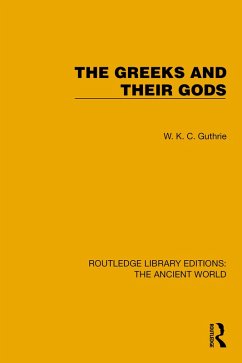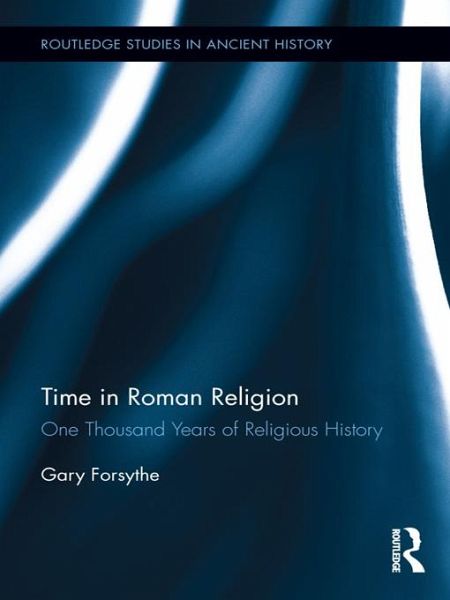
Time in Roman Religion (eBook, PDF)
One Thousand Years of Religious History
Versandkostenfrei!
Sofort per Download lieferbar
55,95 €
inkl. MwSt.
Weitere Ausgaben:

PAYBACK Punkte
28 °P sammeln!
Religion is a major subfield of ancient history and classical studies, and Roman religion in particular is usually studied today by experts in two rather distinct halves: the religion of the Roman Republic, covering the fifth through first centuries B.C.; and the religious diversity of the Roman Empire, spanning the first four centuries of our era. In Time in Roman Religion, author Gary Forsythe examines both the religious history of the Republic and the religious history of the Empire. These six studies are unified by the important role played by various concepts of time in Roman religious th...
Religion is a major subfield of ancient history and classical studies, and Roman religion in particular is usually studied today by experts in two rather distinct halves: the religion of the Roman Republic, covering the fifth through first centuries B.C.; and the religious diversity of the Roman Empire, spanning the first four centuries of our era. In Time in Roman Religion, author Gary Forsythe examines both the religious history of the Republic and the religious history of the Empire. These six studies are unified by the important role played by various concepts of time in Roman religious thought and practice. Previous modern studies of early Roman religion in Republican times have discussed how the placement of religious ceremonies in the calendar was determined by their relevance to agricultural or military patterns of early Roman life, but modern scholars have failed to recognize that many aspects of Roman religious thought and behavior in later times were also preconditioned or even substantially influenced by concepts of time basic to earlier Roman religious history.
This book is not a comprehensive survey of all major aspects of Roman religious history spanning one thousand years. Rather, it is a collection of six studies that are bound together by a single analytical theme: namely, time. Yet, in the process of delving into these six different topics the study surveys a large portion of Roman religious history in a representative fashion, from earliest times to the end of the ancient world and the triumph of Christianity.
This book is not a comprehensive survey of all major aspects of Roman religious history spanning one thousand years. Rather, it is a collection of six studies that are bound together by a single analytical theme: namely, time. Yet, in the process of delving into these six different topics the study surveys a large portion of Roman religious history in a representative fashion, from earliest times to the end of the ancient world and the triumph of Christianity.
Dieser Download kann aus rechtlichen Gründen nur mit Rechnungsadresse in A, B, BG, CY, CZ, D, DK, EW, E, FIN, F, GR, HR, H, IRL, I, LT, L, LR, M, NL, PL, P, R, S, SLO, SK ausgeliefert werden.




